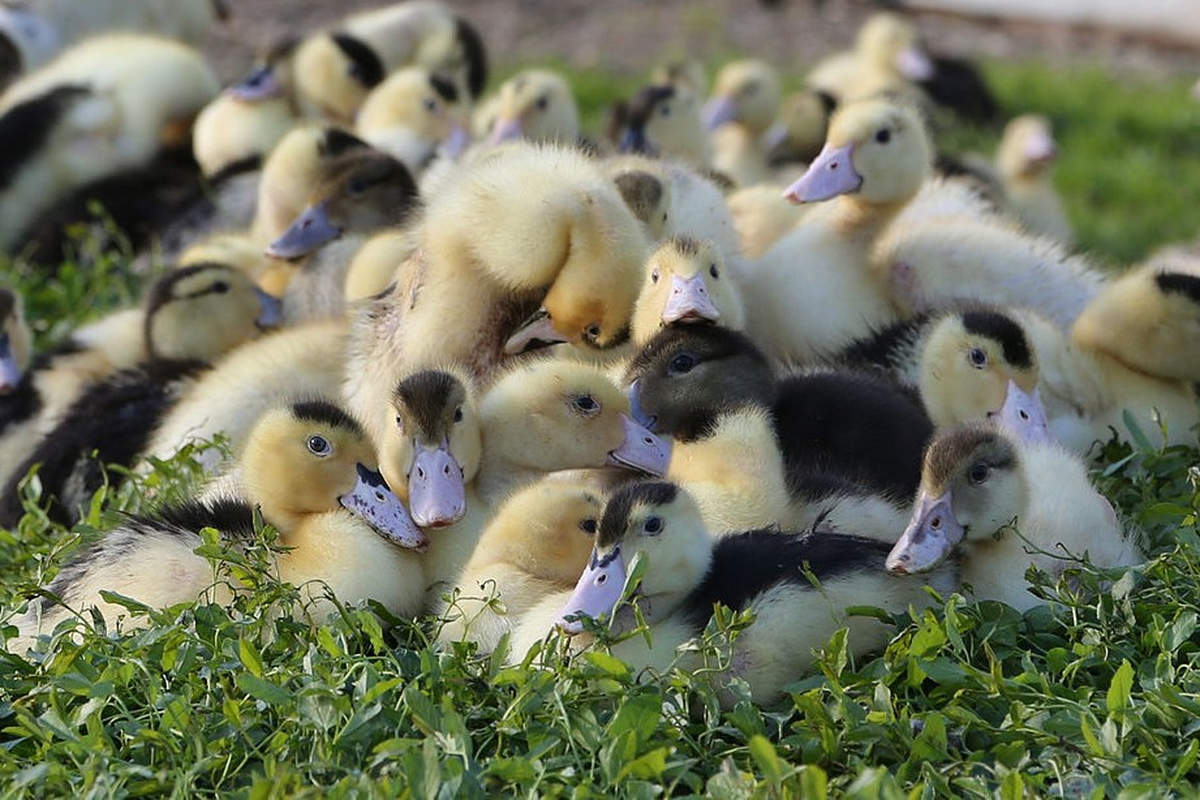The Minister of Agriculture published a decree on November 8, 2024 setting the “high” threshold for the level of risk of introducing the avian influenza virus into the national territory.
Ethics & Animals L214, CC BY 3.0, via Wikimedia Commons
This decision is based on the strong and persistent dynamic of the circulation of the virus in wildlife in Europe, particularly in the migration corridors which cross France.
The increase in the level of risk leads to the implementation of reinforced biosecurity measures to prevent any contact of domestic or captive birds with wild birds.
The biosecurity and prevention measures to be respected are as follows:
- confinement or protection by nets of birds kept in establishments with fewer than 50 poultry or captive birds (farmyards, zoos, etc.);
- sheltering poultry, and protecting the feeding and watering of birds in establishments keeping more than 50 poultry;
- compulsory equipment for vehicles intended for the transport of waterfowl older than three days using tarpaulins or equivalent preventing any significant loss of feathers and down by a full or empty truck;
- ban on gatherings of poultry and captive birds;
- ban on racing pigeon competitions;
- restrictions on the transport of calling birds and a ban on the release of game birds of the Anatidae family.
These measures apply to poultry farms, whether commercial or not.
The mayors of the municipalities in the department are invited to relay this information to owners of non-commercial poultry farms so that biosecurity measures are implemented in the backyards.
Depending on whether the high mortality of birds or poultry affects livestock or wildlife, the contacts to be made vary. This is a veterinarian in the first case, the French biodiversity office or the federation of Moselle hunters in the second.
Avian flu: From foie gras to mRNA sauce

:format(jpg):quality(99):watermark(f.elconfidencial.com/file/0f2/6d9/13e/0f26d913e1b27ca111e62b656aa354da.png,0,275,1)/f.elconfidencial.com/original/6ba/e1a/0c0/6bae1a0c04caef9563e21790ca9ae41e.jpg)
